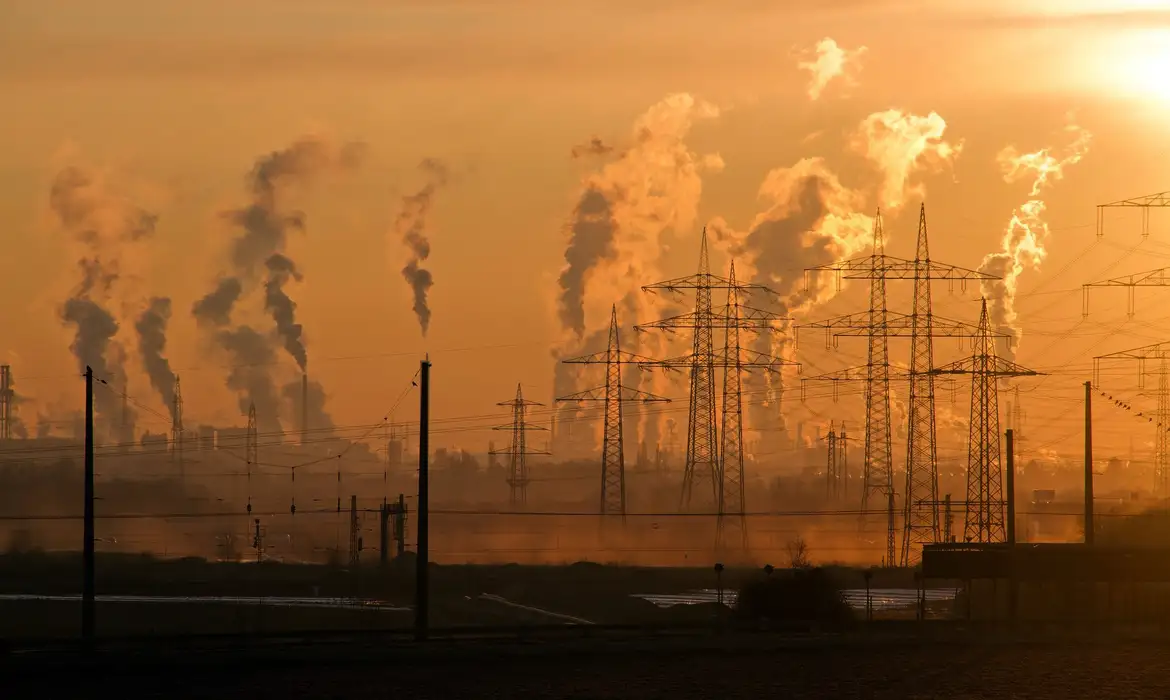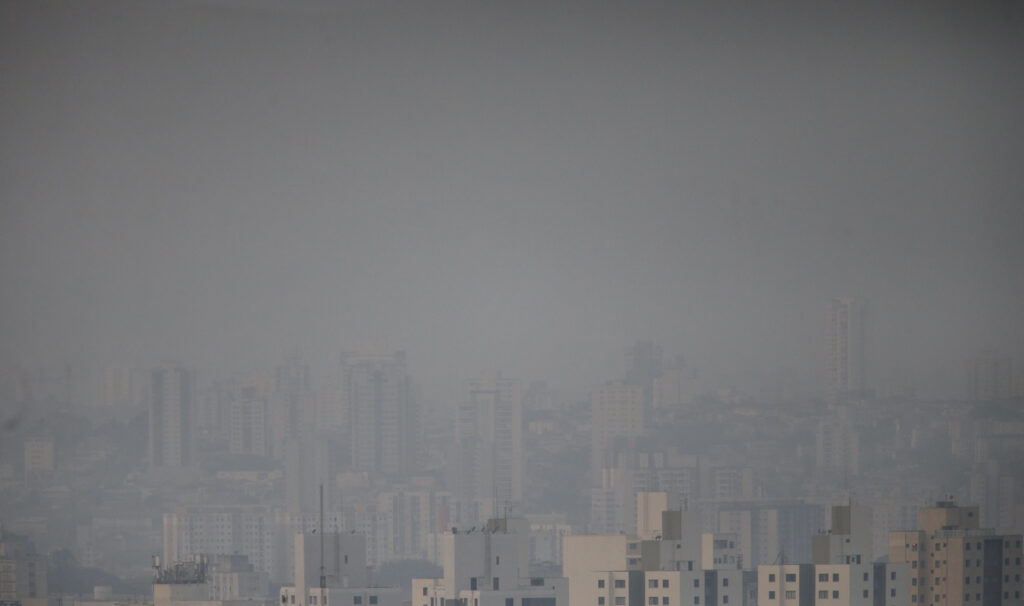Super-rich emit in a single day the same amount of carbon that half of humanity generates in an entire year
04 de November de 2025

By Fred Santana – By Cenarium
MANAUS (AM) – On the eve of COP30, to be held in Belém (PA), Oxfam International released a report on global climate inequality. The study, titled “Climate Loot: How a Powerful Few Are Driving the Planet to Collapse,” points out that a person belonging to the wealthiest 0.1% of the planet emits, in just one day, more carbon than the poorest half of the world’s population does in an entire year.
According to the organization, if everyone emitted at the same rate as this ultra-rich group, the global carbon budget, the remaining emissions limit that would still prevent a climate collapse, would be exhausted in less than three weeks.
“The richest individuals on the planet finance and profit from climate destruction, while the majority of the world’s population pays the price for the deadly consequences of their unchecked power,” said Amitabh Behar, Executive Director of Oxfam International.
The analysis reveals that the average billionaire generates 1.9 million tons of CO₂ per year just through their investments, equivalent to flying around the world nearly 10,000 times in a private jet. “It is outrageous that so much power and wealth are concentrated in the hands of so few, and that they use it to preserve their influence while pushing us toward planetary destruction,” Behar added.

According to the report, 60% of billionaire investments are concentrated in high climate-impact sectors such as oil, gas, and mining, whose portfolios emit 2.5 times more carbon than the global average investment. “These super-rich individuals and the corporations they control have a deadly track record of financing lobbyists, spreading disinformation, and suing NGOs and governments that try to stop them,” the report emphasizes.
Lobbying and political influence of major emitters
Oxfam denounces that economic and political power concentrated in the hands of a few has distorted public policies and weakened climate negotiations around the world. During COP29, for example, 1,773 credentials were granted to lobbyists from the coal, oil, and gas industries, more than the total number of representatives from the ten countries most vulnerable to climate change.
“The super-rich use their wealth to secure disproportionate influence over governments and institutions. This dynamic blocks a just transition and keeps humanity dependent on fossil fuels,” the document reinforces.
Oxfam also highlights that wealthy and high-emitting countries such as the United States, the United Kingdom, France, and Germany have weakened their climate laws after receiving large donations from groups opposed to environmental action.
Climate inequality in Brazil
In the Brazilian context, Viviana Santiago, Executive Director of Oxfam Brazil, warns that the country’s deep inequalities mirror the global picture. “The climate crisis is also a crisis of inequality, deeply rooted in Brazil. The richest, many linked to polluting sectors such as agribusiness and resource extraction, emit hundreds of times more than the majority of the population,” she said.
She emphasizes that peripheral, Indigenous, Quilombola, and Black women-led communities suffer the harshest consequences. “They are the ones facing floods, extreme heat, and lack of basic services, a clear example of environmental racism,” Santiago stressed.
Oxfam estimates that emissions from the world’s richest 1% could cause 1.3 million heat-related deaths by the end of the century, in addition to generating US$ 44 trillion in economic losses for low- and middle-income countries by 2050.

“We need to break the control of the super-rich”
With COP30 marking ten years of the Paris Agreement, Oxfam calls for urgent actions to curb the power of major polluters and reverse the climate imbalance. “We need to break the control of the super-rich over climate policy, tax their fortunes, ban their lobbying, and place the most affected populations at the center of decision-making,” urged Behar.
The organization proposes measures such as taxing large fortunes and excess profits, limiting corporate influence from fossil fuel companies, strengthening Indigenous participation in climate negotiations, and building an economic system that puts people and the planet first. “If we are to avoid total climate collapse, the richest must be the first to cut their emissions, and much faster,” the report concludes.

